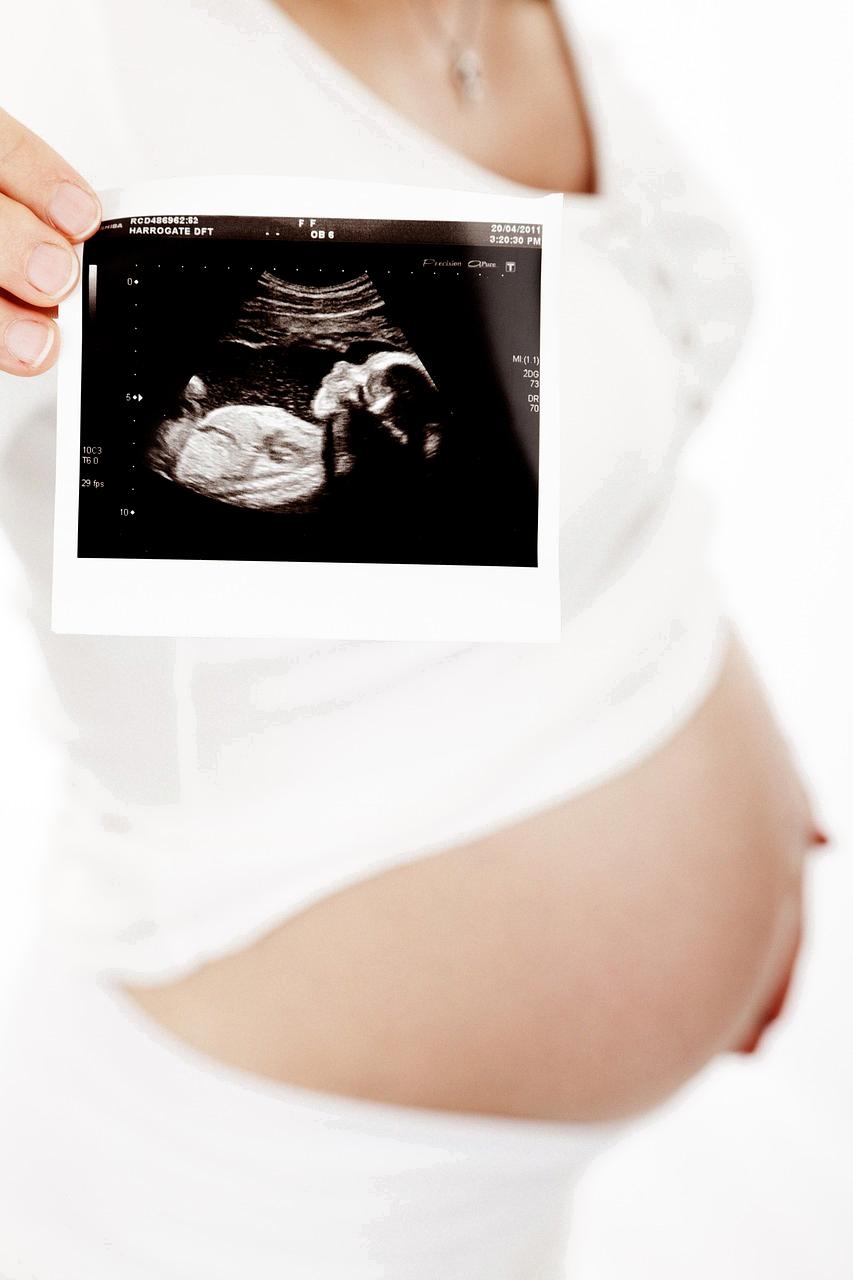Extreme fatigue in early pregnancy can be a challenging symptom to deal with, but it is a common experience for many expecting mothers. The sudden onset of tiredness can be a result of hormonal changes, increased blood production, and the body adjusting to the demands of pregnancy.
Listen to Your Body
One of the most important things you can do when experiencing extreme fatigue in early pregnancy is to listen to your body. If you feel tired, it’s essential to rest and prioritize your well-being. Don’t push yourself too hard, and allow yourself to take breaks when needed.
Stay Hydrated and Eat Nutritious Foods
Proper hydration and nutrition are crucial during pregnancy, and they can also help combat fatigue. Make sure to drink plenty of water throughout the day and eat a balanced diet rich in fruits, vegetables, and whole grains. These foods can provide you with the energy you need to combat extreme tiredness.
Get Sufficient Rest
It’s important to prioritize rest and sleep when dealing with extreme fatigue in early pregnancy. Try to establish a bedtime routine that allows you to get at least 7-9 hours of quality sleep each night. If possible, take short naps during the day to help recharge your energy levels.
Engage in Gentle Exercise
While it may seem counterintuitive, engaging in gentle exercise such as walking or prenatal yoga can actually help boost your energy levels. These activities can improve circulation, reduce stress, and promote overall well-being, which can help combat fatigue.
Communicate with Your Healthcare Provider
If you’re experiencing extreme fatigue that is interfering with your daily life, it’s essential to communicate with your healthcare provider. They can help rule out any underlying medical conditions that may be contributing to your tiredness and provide guidance on how to manage your symptoms effectively.
Manage Stress Levels
Stress can exacerbate feelings of fatigue, so it’s important to find healthy ways to manage stress during pregnancy. Practice relaxation techniques such as deep breathing, meditation, or mindfulness to help calm your mind and body.
Delegate Tasks and Ask for Help
Don’t be afraid to ask for help or delegate tasks to others when you’re feeling extremely fatigued. Whether it’s asking your partner to help with household chores or enlisting the support of friends and family, it’s okay to rely on others during this time.
Stay Positive and Practice Self-Care
Maintaining a positive mindset can make a significant difference in how you cope with extreme fatigue. Practice self-care activities that bring you joy and relaxation, whether it’s taking a warm bath, reading a good book, or indulging in a hobby you love.
Join a Support Group
Connecting with other pregnant women who are experiencing similar symptoms can provide valuable support and understanding. Consider joining a pregnancy support group or reaching out to online communities where you can share your experiences and learn from others.
Be Patient with Yourself
Remember that extreme fatigue in early pregnancy is a temporary symptom that will likely improve as your pregnancy progresses. Be patient with yourself, listen to your body, and trust that you are doing everything you can to take care of yourself and your growing baby.
Conclusion
Dealing with extreme fatigue in early pregnancy can be challenging, but it’s essential to prioritize self-care, rest, and proper nutrition to help combat this common symptom. By listening to your body, seeking support from your healthcare provider, and practicing stress management techniques, you can navigate this phase of pregnancy with resilience and positivity.

